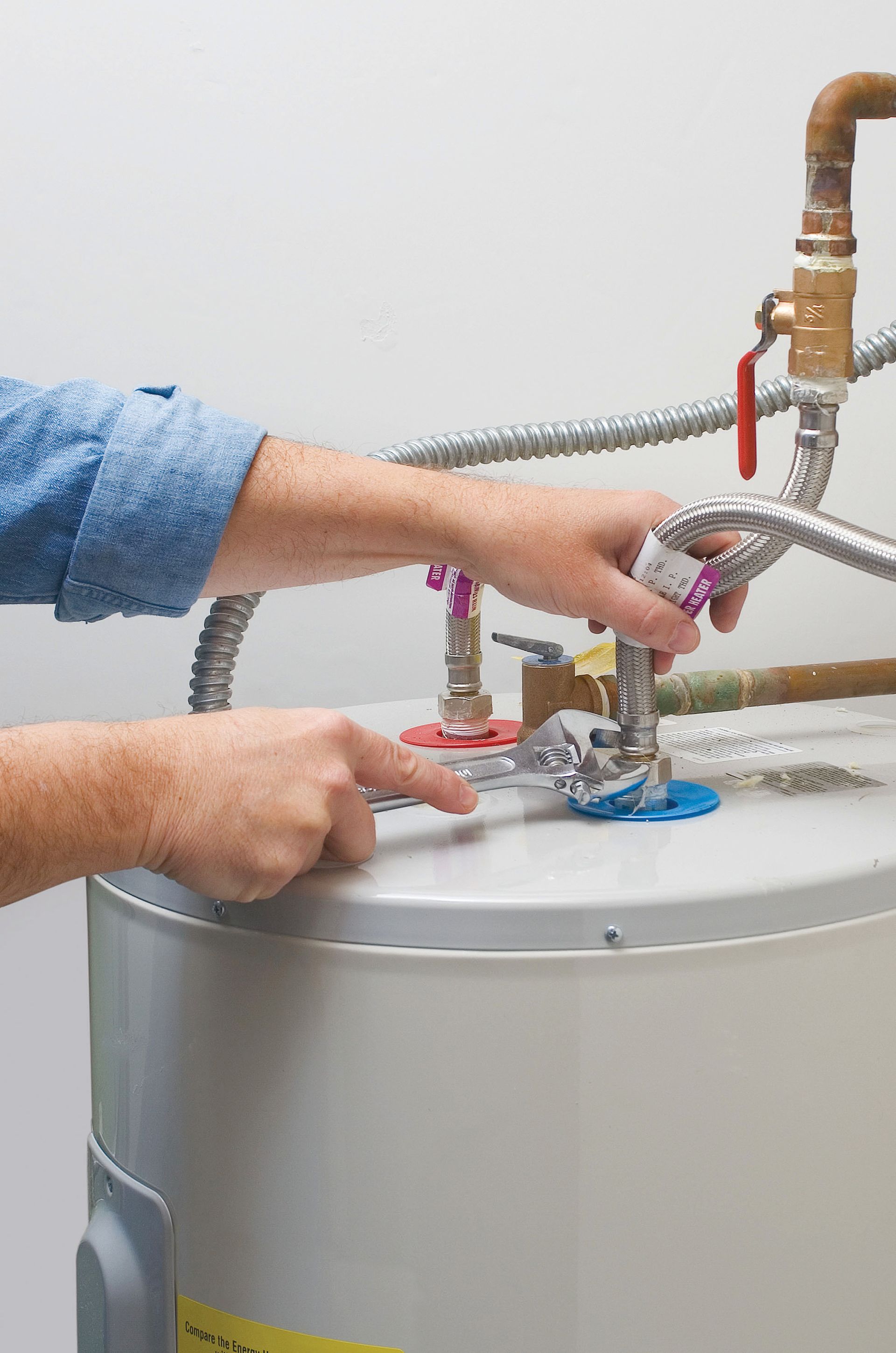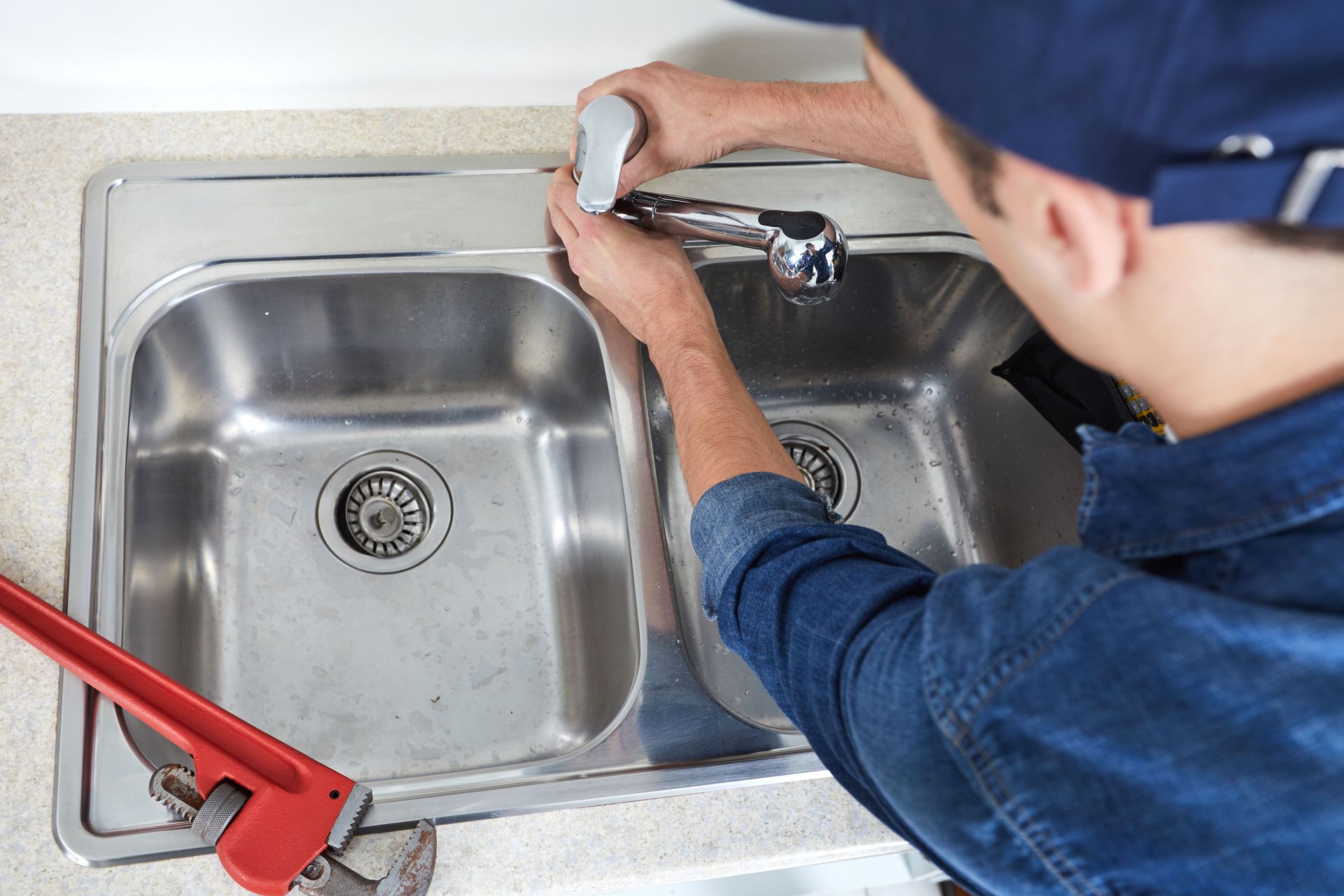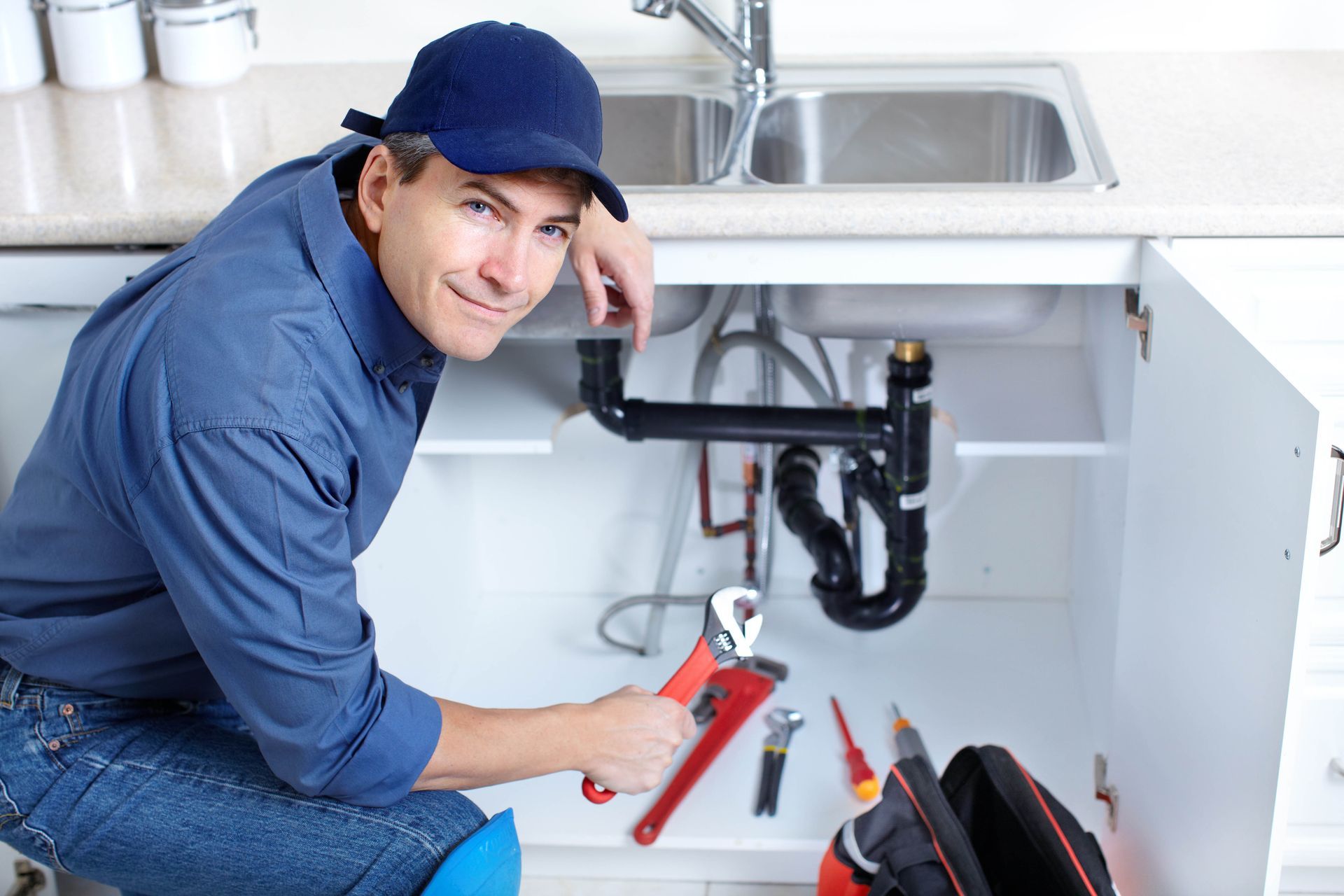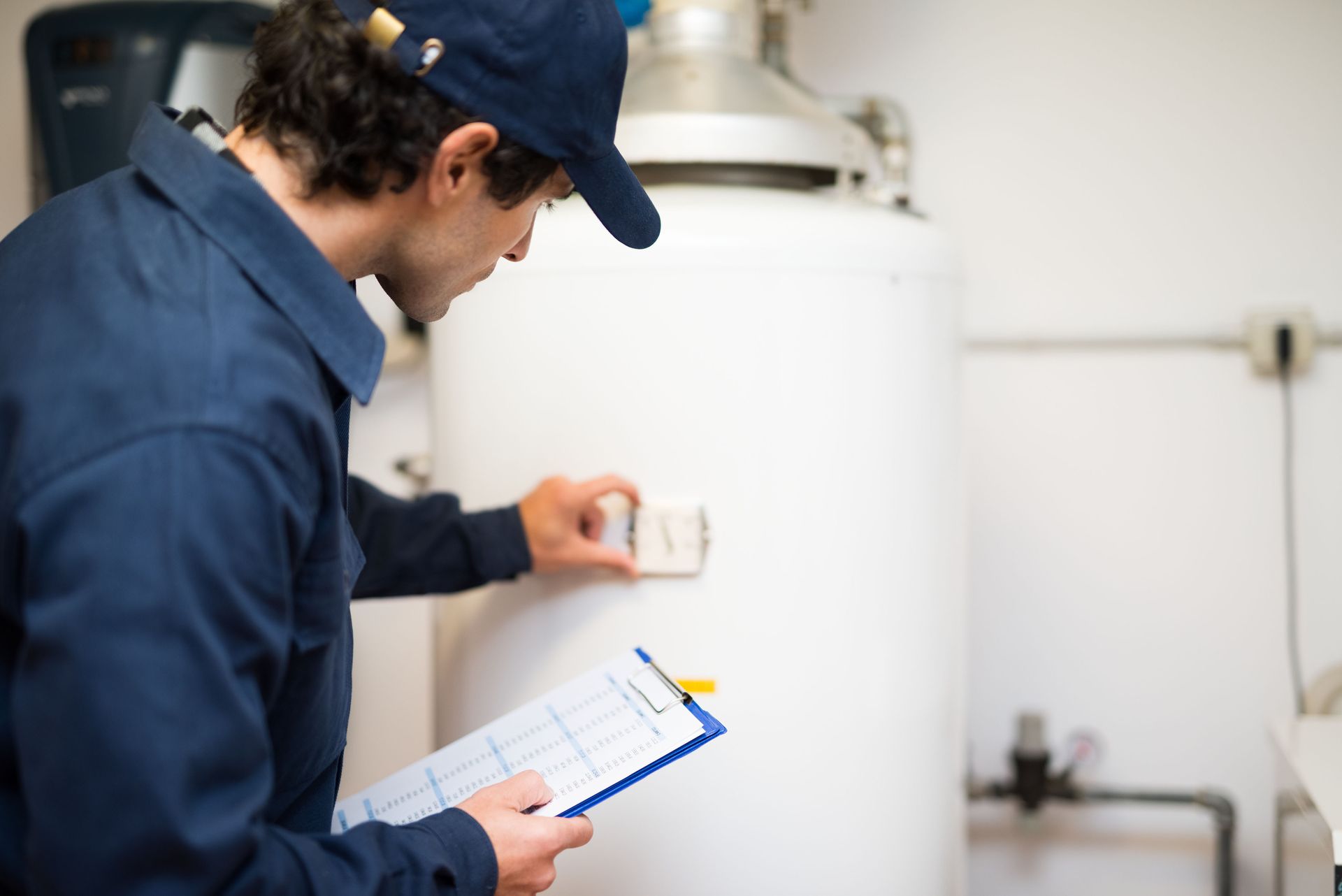August 18, 2025
When it's time to replace your water heater or install a new one, many homeowners may not know exactly what to expect. Whether your current system is outdated, malfunctioning, or you're simply upgrading to a more energy-efficient model, professional water heater installation is the safest and most efficient option. From the initial consultation to the final setup, here's a detailed guide to what you can expect during the installation process, allowing for a smooth and hassle-free experience.
Initial Consultation and Assessment
The installation of a water heater begins with an essential consultation and assessment by a professional plumber. The purpose of this consultation is to evaluate your home's water heating needs and decide on the best solution. During this stage, the plumber will assess your existing plumbing system, electrical connections, and venting capabilities to determine whether any modifications are required to accommodate the new water heater.
Choosing the right water heater is crucial, as there are several factors to consider. For instance, the plumber will review the number of bathrooms in your home, the number of people in your household, and your typical hot water usage. Based on this assessment, they will recommend the most suitable water heater, whether it's a traditional storage tank, a tankless unit, or a heat pump water heater. This consultation will also include a discussion of your preferences, such as energy efficiency or installation space, helping that you make an informed decision.
Selecting the Right Water Heater
Once the consultation is complete, choosing the right water heater is the next step. There are various models available, and the plumber will guide you through the process of selecting the one that meets your household's needs. The size of the unit is crucial because it needs to be able to supply enough hot water for your home's needs without wasting energy. A system that's too small may result in cold showers, while a system that's too large could lead to unnecessary energy consumption.
Energy efficiency is another key factor when selecting a water heater. According to the U.S. Department of Energy, water heating comprises 20% of your home's energy use. Opting for a more efficient model, like a tankless or hybrid unit, can reduce your energy bills over time. In addition, energy-efficient units tend to have longer lifespans, so the initial investment pays off in the long run. The plumber will discuss the options available in terms of energy efficiency, helping you choose the most cost-effective model for your home.
The type of water heater is another important consideration. Tankless water heaters are a popular option for homeowners who prefer an on-demand system that doesn't store hot water but heats it as needed. These units are space-saving and can help lower utility bills, though they may not be ideal for households with high simultaneous hot water demands. On the other hand, traditional tank-style heaters are perfect for larger families that require constant access to hot water. The plumber will explain the pros and cons of each type to help you make the right choice based on your needs.
Scheduling the Installation Day
Once you've chosen the water heater and discussed all the details, it's time to schedule the installation. Professional water heater installation usually takes a day, but it can take longer depending on the complexity of the setup and whether any modifications to your plumbing or electrical system are necessary. When scheduling, it's important to allow a window of time for the plumber to complete the work efficiently.
On the day of installation, the plumber will arrive with the necessary equipment, tools, and the new water heater. If your old unit is still in place, the first step will be to safely disconnect it and remove it from your home. This process can involve draining the tank to eliminate any remaining water and disconnecting electrical or gas connections. Proper disposal of the old unit is also part of the service, so you won't have to worry about getting rid of the outdated system yourself.
Installing the New Water Heater
Once the old water heater is removed, the plumber will begin the installation of the new unit. If you're replacing an existing model with a similar one, this part of the process may be relatively quick, as the plumber will simply hook up the new unit to the existing plumbing and electrical systems. However, if the installation involves switching to a different type of water heater, such as moving from a tank-style system to a tankless model, the plumber may need to modify existing plumbing lines, install new venting, or make adjustments to the electrical system.
Water heater installation requires both plumbing and electrical expertise. For gas water heaters, the plumber will make sure that the gas lines are properly connected, and for electric heaters, they'll make sure the unit is wired to the correct power source. This process must be done with care, as improper installation could lead to safety hazards, such as gas leaks or electrical shorts.
Once the water heater is installed and all connections are secure, the plumber will fill the tank (if applicable) and test the system to check that it's functioning properly. They will check for leaks, verify that the water heater is heating efficiently, and perform a series of tests to make sure the unit meets all safety standards. Depending on the type of water heater you have, the plumber may also set the thermostat to the desired temperature.
Final Inspection and Safety Checks
After the water heater has been installed and tested, the plumber will perform a final inspection to ensure everything is up to code and functioning as expected. This is when the plumber will check for any signs of leaks, improper ventilation, or other potential issues that could affect the performance of your new water heater. The installation should also be inspected for energy efficiency and compliance with local building codes, making sure that the unit will operate safely and provide maximum efficiency.
In the case of tankless water heaters, the plumber may walk you through the process of operation, explaining how to adjust the settings or clean the system to maintain efficiency over time. The plumber will also provide recommendations for regular maintenance, which will help prolong the life of your new water heater and keep it running at peak performance.
A water heater installation is a significant task that requires professional expertise to make sure the system is installed safely and functions efficiently. From selecting the right model to checking that everything is properly connected, a professional plumber will guide you through every step of the process. With careful planning, your new water heater will not only meet your household's hot water needs but will also be energy-efficient, saving you money in the long run. Whether you're replacing an old water heater or upgrading to a more energy-efficient model, hiring a professional for water heater installation is the best choice. They have the necessary tools, knowledge, and experience to install your new system correctly, assuring safety and reliability. With the right water heater in place, you'll enjoy uninterrupted access to hot water and a more energy-efficient home. Contact Top Dog Plumbing LLC today for all of your water heater installation needs! We're excited to work with you.







